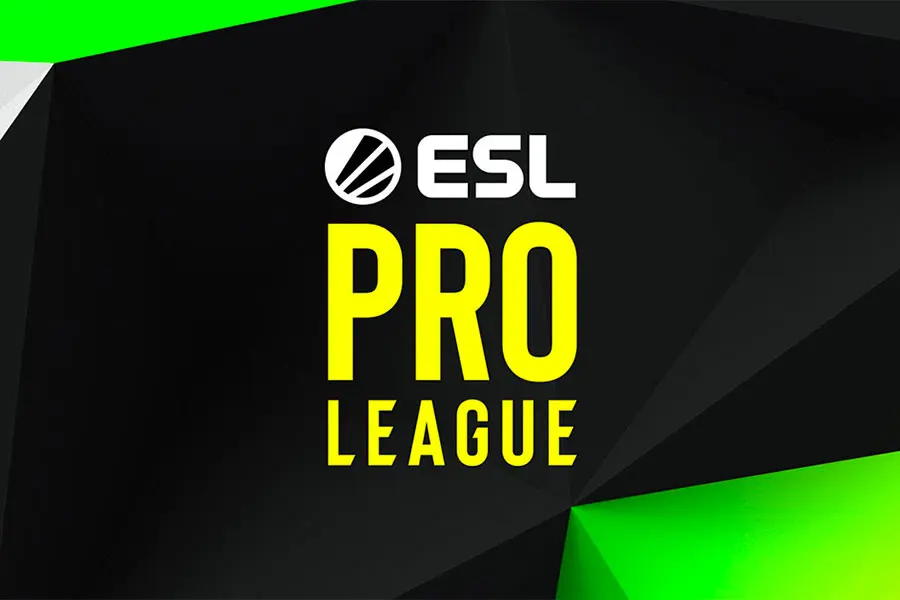
The ESL Pro League (EPL) has revealed that it will be implementing changes to its Counter-Strike: Global Offensive league for the 2023 season. These changes include a new format and an expansion of the number of participating teams.
The new format for the EPL will kick into gear in February 2023, when the 17th season of the league starts. Like in previous years, there will be two seasons in the 2023 ESL Pro League.
“After receiving feedback from the community, on-air talent, and the partner teams of the Louvre Agreement throughout 2022, we’ve taken the decision to reevaluate ESL Pro League,” ESL revealed in a press statement.
“There are changes and improvements we’ll be making in 2023, all of which will be effective starting from Season 17 in February.”
ESL FACEIT Group has revealed that the first change to the EPL will be the introduction of a new format that aims to provide “more meaningful matches”. Previously, the Round Robin format was used, but ESL explained that many matches in this format had little impact on the overall tournament.
Under the revised format, the Group Stage will feature a combination of double-elimination and a last-chance bracket. There will be four groups of eight teams, each with three chances to avoid elimination through the Upper bracket, Lower bracket, and Last Chance bracket.
“The goal of the format change is to move towards more meaningful matches, much earlier on within the tournament,” ESL said.
“The new format for the Group Stages will be a format combining double-elimination groups with a last chance bracket into a ‘Ro16 Single
Elimination’ bracket for the Playoffs.”
The 2023 EPL season will feature a total number of 32 teams, as opposed to the 24 teams featured in previous editions.
A total of 15 partner teams — three teams from the ESL World Ranking, three Challenger teams from the ESL, and 11 teams from the EPL Conference –will participate in the Group Stage. According to a statement from the ESL, this change was made to include a larger and more diverse group of teams in the main part of the tournament.
In addition, the EPL Conference, which did not take place this year for Season 17, will not continue for future seasons. Previously, the EPL Conference qualified 11 teams. Instead, it will now be held online over the course of one week and will qualify three teams from Europe, two teams from North America, two teams from South America, two teams from Asia, and two teams from Oceania.
The ESL explained that the decision to alter the format was made in order to meet the needs of the many teams that qualified for the competition.
“The EPL Conference for S17 did not take place this year as originally planned, due to this, more feeding tournaments have completed and have generated a larger than anticipated amount of teams (23x) that have earned the right to compete for advancement to the EPL Group Stage,” ESL said.
“In order to best serve all these teams, the best course of action is to regionalize and run the EPL Conference online, offering them all to retain the ability to compete for advancement.”
Additionally, the duration of the tournament will be shortened due to these changes. The 17th season will take place from February 22 to March 26, a reduction of one week from the original schedule.
In the final change, the ESL Pro League will stream matches on only two different broadcasts instead of the previous three (A, B, and C streams). The league has re-evaluated its “broadcast philosophy” and believes these changes will improve the overall experience for viewers.